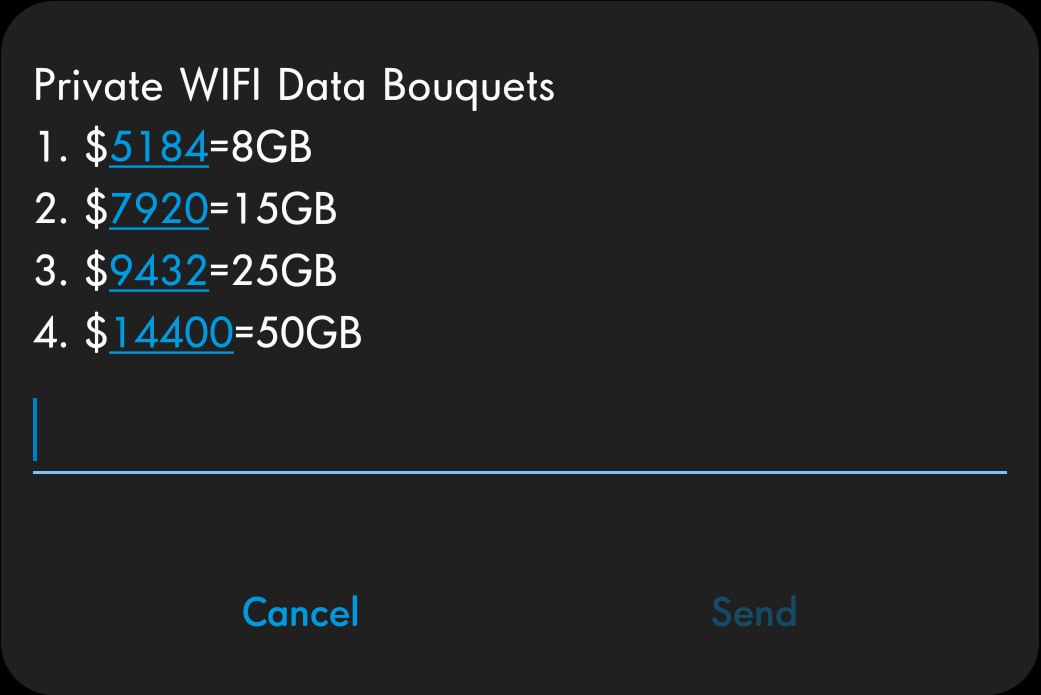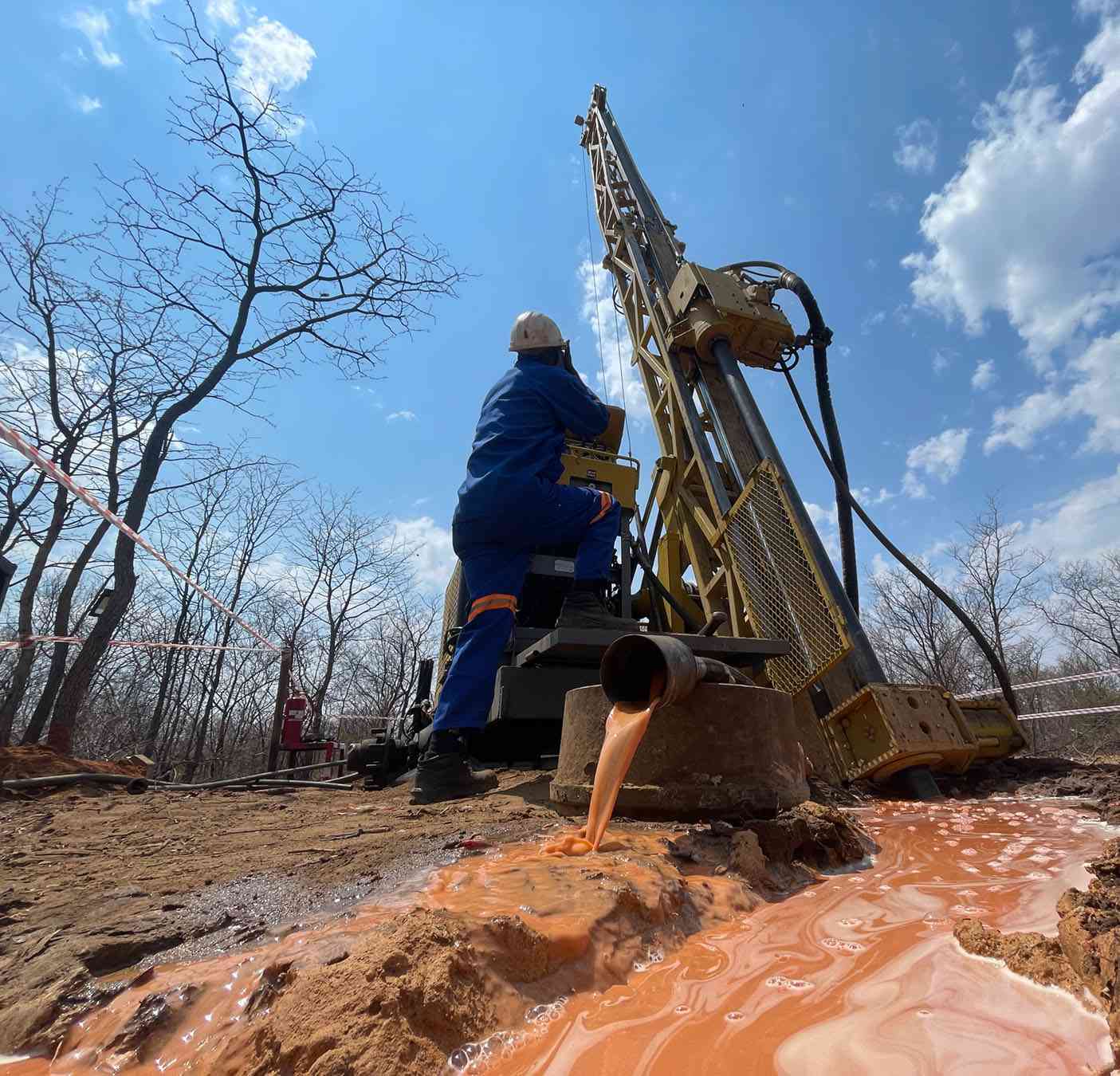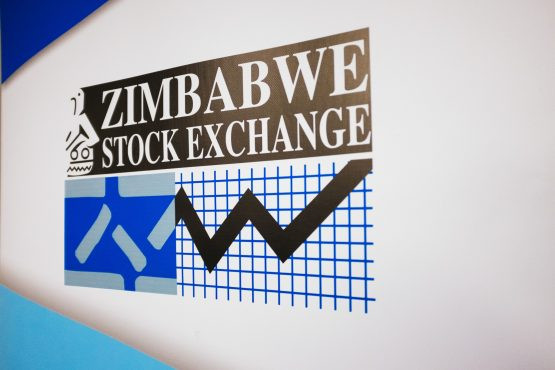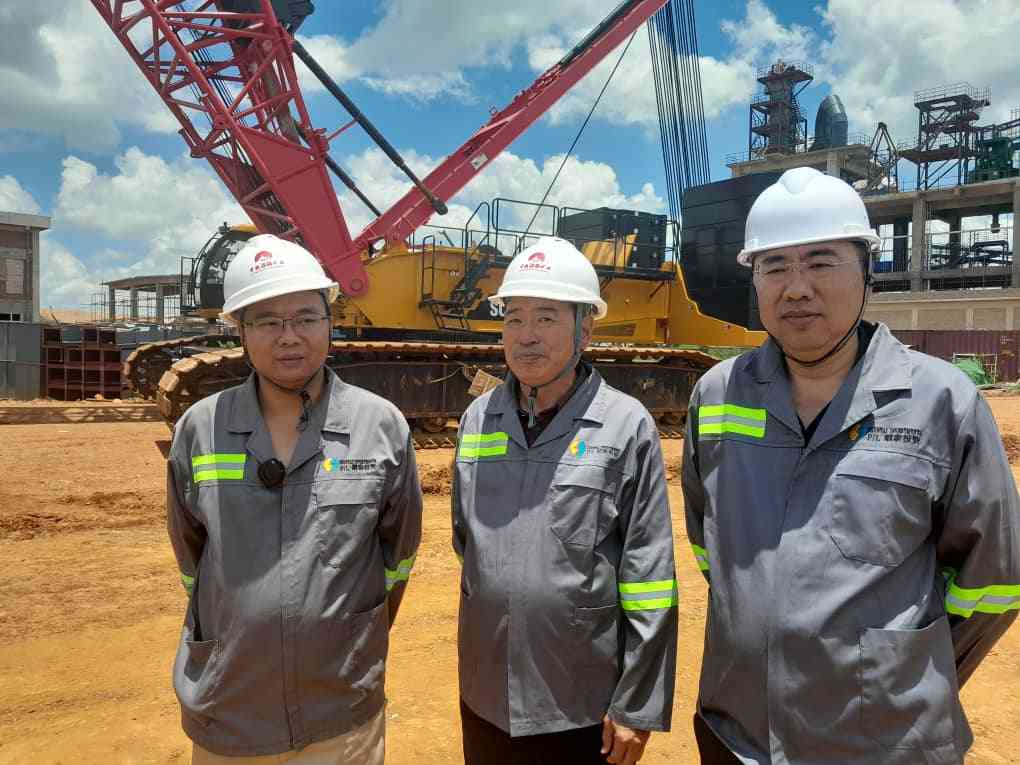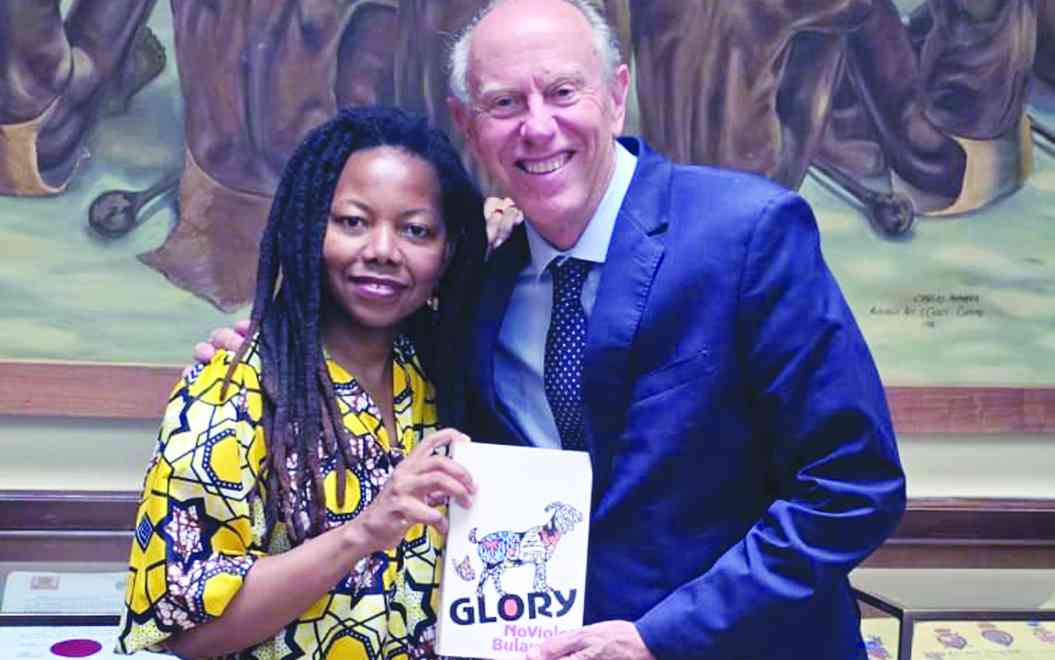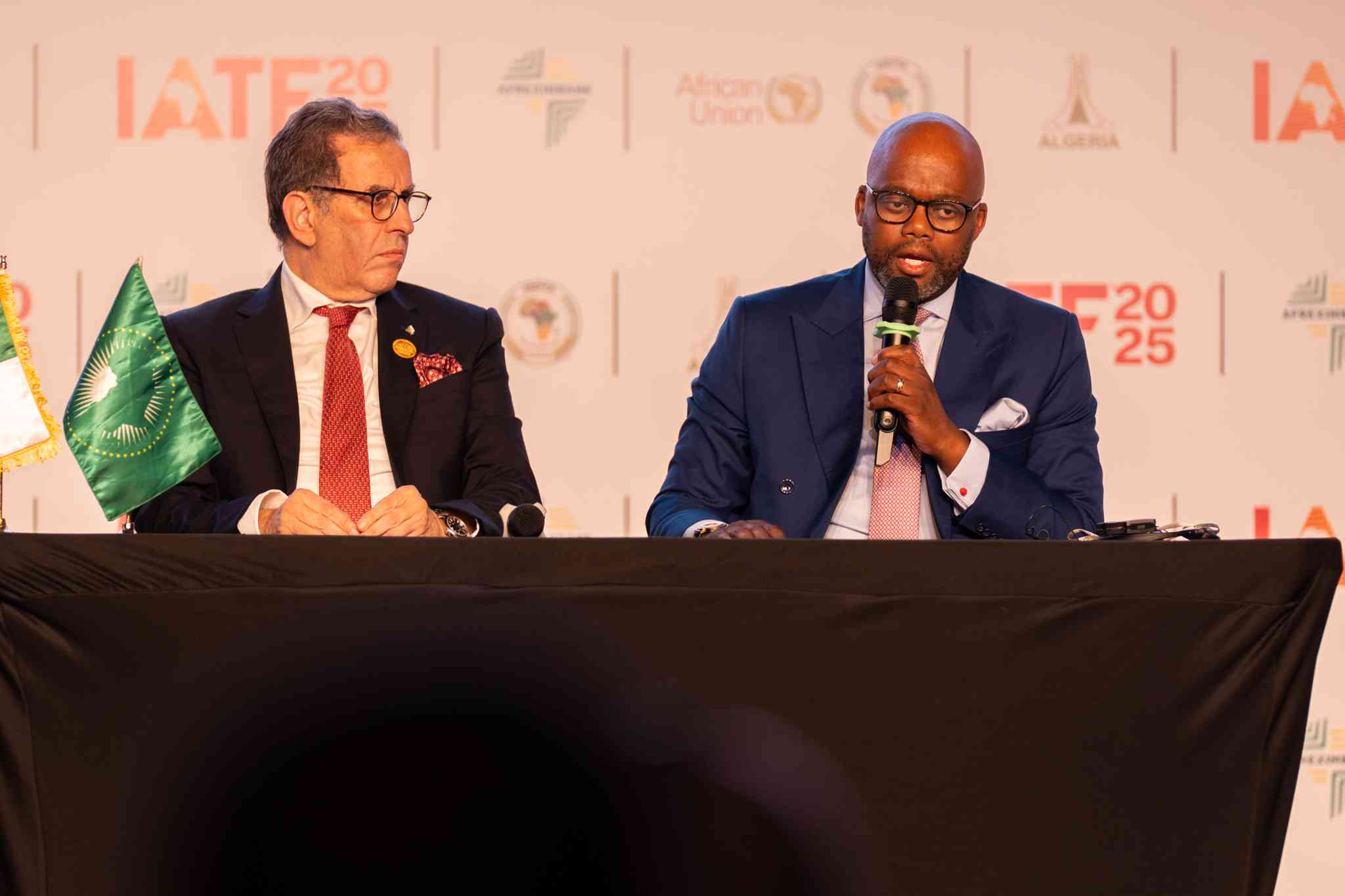
THE fourth Intra-African Trade Fair (IATF2025) concluded as a success in Algeria last week, generating a staggering US$48,3 billion in signed trade and investment deals. But with the event over, a critical question remains: how do we ensure these commitments translate into real economic growth across Africa? At the closing press conference, high-level leaders gathered to address this exact challenge. Anne Ezeh (AE), director of communications and events at Afreximbank, moderated a pivotal discussion featuring Benedict Orama (BO), president of Afreximbank, Jean Louis-Ekra (JE), former Afreximbank president and IATF advisory council vice-chairman, Wamkele Mene (WM), secretary-general of the African Continental Free Trade Area (AfCFTA) secretariat, and Larbi Latrèche (LL), general commissioner for IATF2025. Below is a transcript of their critical discussion:
AE: You have seen many editions of IATF over the years, how would you assess the evolution of IATF since its inception? What strategic shifts should we consider for future editions?
JE: Indeed, I was in Cairo, Durban, and now in Algiers. I believe, judging from all the achievements in the scorecards which we just saw, Algiers has proven that the IATF is a solid and powerful tool for African trade development. Going forward, I believe the first thing to do is to ensure that the about US$50 billion in transactions that were signed here come to fruition and completion. That will be the first achievement that we need to accomplish, ensuring that we turn what was signed into actual deals. The second thing, I believe, is that we should promote more youth, SMEs, and also women in the African trade circuit. And finally, ensure that there are also more countries, not only more African countries that participate in the intra-African trade fair, but also other countries. Yes, we have gone from about 80 countries to 132 countries, but there are about 185 countries in this world. So we should make sure that there are more countries that participate in the intra-African trade fair.
AE: What would be the role of the AfCFTA Secretariat in ensuring that the trade and investment commitments made here translate into measurable intra-African trade growth?
WM: Clearly, we are building on a very, very strong foundation for the next IATF in Lagos. The transactions that were concluded here, almost US$50 billion, are a very encouraging number. Again, it is an indicator that the IATF is growing from strength to strength as a platform for conducting business. It is, as we see behind us, the marketplace of the AfCFTA. All of the transactions that were undertaken here, whether we are aware or not, are supported by trade rules. And those trade rules are intended to make sure that trade in Africa is affordable, that it is accessible, in particular to small enterprises and the youth. So we will deploy the trade rules that exist, the Protocol on Women and Youth in Trade, the Protocol on Investment, all of the different, the array of trade rules that have been adopted by our heads of state, that are intended to make sure that we double intra-Africa trade by the year 2035. Already, last year, intra-Africa trade was at US$220 billion, according to the report by Afreximbank. I believe the transactions that were concluded here in Algiers will contribute to that increased number. So we are ready to deploy the trade rules to support all of the trade that has been concluded and executed here in Algiers.
AE: President Oramah, you have been at the helm of this initiative for many years now, culminating in this success that is the 2025 edition. From your point of view, what are the most significant achievements of IATF, in particular IATF 2025 and how will Afreximbank support the implementation post the event?
BO: I think the biggest achievement since we started in 2018 is the result that was announced today. The proverb says that a journey of a thousand miles starts with one step, the first step. That first step in 2018 has culminated in what we are now seeing as something permanent, directly resolving the trade issues we have on the continent. This has been the best we have seen, and I believe that it sets the stage for what will then happen going forward. So, as we have done in the past, at Afreximbank, we follow each and every deal to make sure that by the time we get back to Lagos 2027, most of them are done, financed where they need financing, and facilitated where they need facilitation.
AE: What must be done?
- MIHR petitions govt on Lubimbi relocations
- ‘Timely IMF boost saved Zim’
- In Full: Twelfth post-cabinet press briefing: May 10, 2022
- Blocked funds choke NMB
Keep Reading
BO: We have now been able to build this trade fair. We have established it as a permanent institution. Going forward in the trade fair, we must be deliberate about organising African financial institutions to be here, because the challenge we have on the continent, apart from trade information, is lack of capital to finance projects and to finance the trade, as well as the ability to manage the risks. So we must find a way to bring African financial institutions, credit insurance companies, factoring companies, deliberately to be here and begin to support the trade that is being generated.
And I say this because it is awkward that in this trade fair, I do not see any other African development bank here. I do not see any other ones here. We should see the credit insurance companies. We should see the trade financing institutions. The commercial banks are here, but they are not deliberate in how we use them. So I think that should be the big thing we must do. Apart from that, making sure that the trade fair organisation that has been established in Zimbabwe takes on. And again, I must thank the Afreximbank Board of Directors for approving the initial capital of US$28 million. But they call on others to also put in the money to enable it to go through the early stages and become a solid trade promotion organisation to drive intra-African trade.
AE: You were with us all the time. Please present your commitment and your statement.
LL: Officially, I think this is the first time since 2004 that such a large number of high level figures, heads of state, heads of governments, and for the first time, and four countries in the Caribbean have attended the fair. Three of them are at the level of the first minister, and the fourth is at the level of the minister. And the numbers, as well as the economic results, are very encouraging. We have reached the main goal of this exhibition, which is to deal with the African states. We subjugated everything that helps in the strict organisation, including, for example, the transportation; 120 buses were subjugated for all movements, and 27 protocol boats were subjugated. Also, 129 hotels were subjugated at the level of the capital of Algeria and the neighbouring states. The exhibition area was more than 25 000 square metres. We saw that the number of countries participating is 130, which is also a significant number. Also, international organisations participated and all of them participated in activities, either side activities or in a visit to the exhibition.

